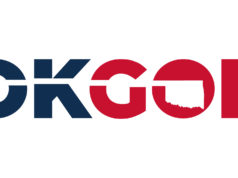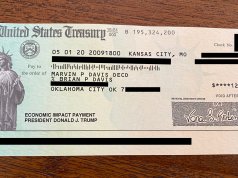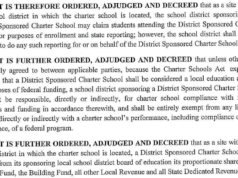Today is the filing deadline for 2017 individual taxes, and if that means one thing it’s that you could probably use a good belly laugh. Enter John Oliver and Last Week Tonight, which turned its critical lens on corporate taxes this week in accordance with Tax Day 2018.
Before we get there, however, you should probably complete your 2017 return. Short of that, you can file an extension that will give you until Oct. 25. What could be better than an additional six months to procrastinate until football season washes over you with an impending doom related to the Internal Revenue Service’s reminder letters?
Nevertheless, let’s talk corporate taxes in the United States.
‘Weasily accounting’ on corporate taxes
Regarding Oliver’s piece above, a few things stand out, especially as he discusses the recent federal overhaul of the tax code.
“The biggest tax rate cut by far actually goes to businesses,” he says.
He references an average effective corporate tax rate of 24 percent, but notes how “some large companies have historically paid far less than that.”
Oliver focuses on several, including General Electric, which called reports that it has paid effectively $0 in federal taxes in various years “flawed and misleading.”
“A recent study found that between 2008 and 2015, 18 large, profitable companies including General Electric paid no federal income tax at all over the total period,” Oliver says, calling it a “glimpse of the lengths that companies will go to to avoid taxes here and abroad.”
He goes on to look at the specific tax-haven practices of Google and Apple, which are cringe-worthy owing to awkward statements from the companies’ CEOs about their payment of corporate taxes.
“The best innovators in weasily accounting have arguably been tech companies,” Oliver says.
In all, the piece above is both humorous and illuminating. Corporate structures are designed to provide benefits to their shareholders, but the functional results leave a lot of questions for the American people to ponder this Tax Day.





















